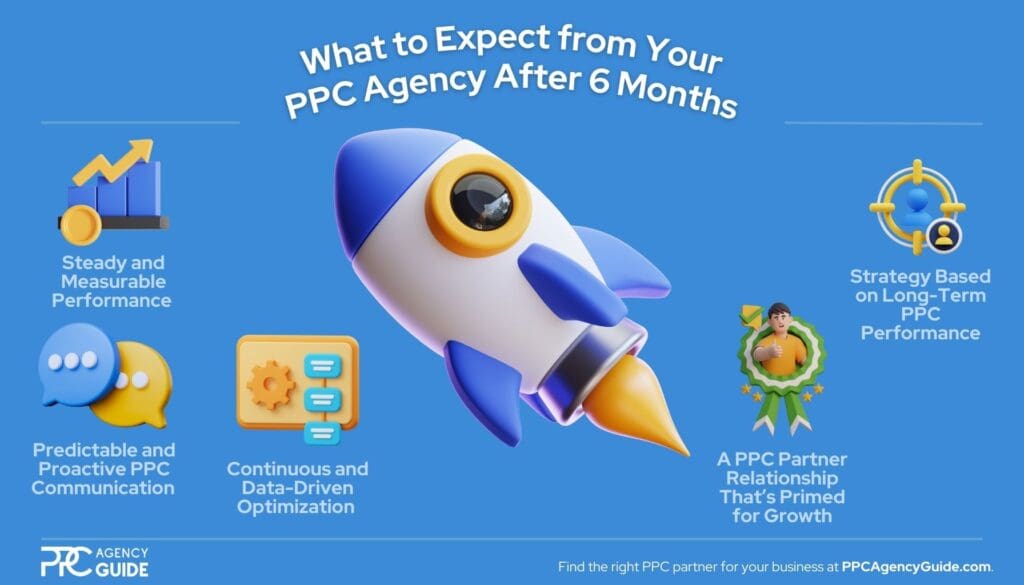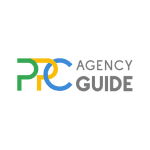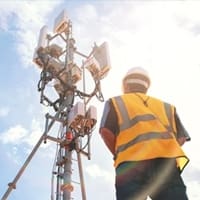
We’ve talked a bit about what to expect in your first 30 days with a pay-per-click (PPC) agency, and also explored how the impact of your ads improves over time and what a typical timeline looks like. If you’ve been following along, that means by around six months, your PPC agency relationship is going strong, and your campaigns are hitting their stride. But what exactly does that look like? Give us a few minutes, and we’ll walk you through what to expect from your six-month PPC results.
What a Good PPC Agency Relationship Looks Like After Six Months
The half-year point is when you can truly evaluate the quality of your agency partnership. Early learning curves are behind you, your agency understands your business, and there is enough history to judge how well the team is driving meaningful results.
Steady and Measurable Performance
By six months, reliable patterns in your PPC reporting are expected. The data tells a clearer story, and your PPC client performance report, along with your agency, helps you connect that story to your business outcomes.
- Stable Core Metrics: Click-through rates, cost per click, and conversion volume should no longer swing wildly week to week.
- Month-Over-Month Comparisons: At this point, you likely have enough history to measure progress across longer stretches of time with confidence.
- Results Tied to Business Goals: The numbers map back to the objectives you set with your agency, whether that’s lead quality, revenue, or sales pipeline growth.
- Reporting That Adds Clarity: Agency reporting for PPC should highlight trends and provide explanations so you know why performance looks the way it does and how it will be improved.
Predictable and Proactive PPC Communication
At this stage, updates from your agency should arrive like clockwork. You know when you’ll hear from them, what you’ll review together, and how progress is being tracked.
- Regular Check-Ins: Calls or meetings happen on a set schedule, giving you clear points to review performance.
- Focused Agendas: Each conversation highlights what the numbers mean and the actions being taken to improve them.
- Proactive Insights: The agency brings new opportunities and ideas forward before you have to request them.
- Straightforward Updates: Reports and recaps are delivered in plain language that makes it easy for you and your team to act on.
Continuous and Data-Driven Optimization
Your campaigns feel like they’re always moving forward. Testing, refining, and other ongoing maintenance tasks are a normal part of the process and keep performance from leveling off.
- Ongoing A/B Testing: Ads, keywords, and audiences are tested regularly, with learnings applied to future campaigns.
- Budget Refinement: Spend is shifted toward what’s performing best, so your money works harder over time.
- Targeting Adjustments: Audience segments are updated as new data reveals where the strongest opportunities lie.
- Funnel Improvements: Landing pages and conversion paths are reviewed alongside campaigns to make sure the traffic you’re paying for has the best chance of converting.
Strategy Based on Long-Term PPC Performance
Your agency is thinking beyond week-to-week adjustments. This is the stage where your PPC strategy shifts toward scaling campaigns, exploring new opportunities, and setting goals that match your broader business direction.
- Roadmap for Growth: Your agency outlines how spend, targeting, and creative will expand over time to support your business goals.
- Platform Expansion: Most businesses start with Google Ads. After all, it offers a wide reach and returns an average of $2 for each $1 spent, according to the platform. However, at this stage, your agency will likely pitch expanding beyond Google and tapping into Microsoft Ads, LinkedIn, Facebook, or other platforms to reach more people and boost return on ad spend (ROAS) even more.
- Channel Expansion: Paid search is a typical starting point. However, it accounts for just shy of 40 percent of a typical advertiser’s budget, per HubSpot. As your strategy matures, you may supplement search ads with display, video, or shopping ads to capture new audiences.
- Audience Evolution: Advanced tactics like retargeting and lookalike modeling are added as data becomes richer.
- Long-Term PPC Strategy: Planning reaches beyond immediate wins, showing how your campaigns will continue contributing to growth over the next year and beyond.
A PPC Partner Relationship That’s Primed for Growth
Your agency relationship feels less like vendor support and more like a business partnership. The team is not only managing campaigns but also helping you prepare for what’s next.
- Shared Ownership of Results: Wins and challenges are discussed openly, with both sides contributing to solutions.
- Forward-Looking Recommendations: Your agency brings ideas that align with your future goals rather than focusing only on today’s performance.
- Confidence to Scale: The trust built over the past months makes it easier to increase budgets or test new formats.
- Integration with Your Team: The agency works smoothly with your internal marketing or sales teams, so campaigns tie directly into larger business efforts.

Quick Tips for Evaluating Your PPC Campaign Progress and Agency
At the six-month mark, you do not need a full PPC audit to know if things are on track. A few quick checks can tell you a lot about your campaigns and your agency partnership.
Use Reports as a Quick Gut Check
When you glance at a report, you should instantly see whether performance is trending the right way. If you cannot tell quickly, your PPC campaign progress may not be as clear as it needs to be.
Run a Lightweight Agency Review
Think about your last few interactions. Did you leave meetings knowing what comes next? Did reports highlight what matters most? This informal reflection doubles as a PPC agency performance review without the heavy lift.

Ask the Fit Question
Does this agency make your life easier and help you move closer to your goals? Answering honestly is one of the simplest ways to evaluate your PPC agency.
Build a Strong PPC Agency Relationship with an Experienced Team
Whether you’re just starting out or thinking about switching PPC agencies, we can help. Our extensive network of top PPC agencies includes professionals with expertise across all major advertising platforms and ad types, and has experience developing successful campaigns in most industries. If you’d like to be matched with a pro at no cost to your business, request a complimentary consultation.
FAQs on What to Expect from a PPC Agency After Six Months
What should PPC performance look like after six months?
By six months, performance should be stable and measurable. Metrics like click-through rate, cost per click, and conversions can be tracked month over month, showing consistent improvement. More importantly, results should be tied directly to your business objectives, such as lead quality, revenue growth, or stronger sales pipelines.
How do I know if my PPC agency is doing a good job?
A good agency delivers clear results and communicates them in a way that makes sense for your business. You should see steady performance improvements, proactive recommendations, and reporting that connects activity to outcomes. If the relationship feels collaborative and you trust their advice, that is a strong sign.
What metrics should I track to measure PPC campaign progress?
Focus on metrics that link to your goals, not just vanity numbers. Click-through rate and cost per click show efficiency, but conversions, cost per acquisition, and revenue contribution are better indicators of progress. Over time, these metrics should paint a clear picture of how campaigns are fueling growth.
How often should a PPC agency provide reporting and updates?
Reliable agencies provide regular reporting, often weekly or biweekly, with deeper monthly reviews. Reports should highlight trends, explain results, and recommend next steps. Consistent updates give you confidence that campaigns are being monitored closely and help you make informed decisions without having to dig into data yourself.
When should I run a PPC agency performance review?
A light review can be done at any time, but formal reviews work best after enough data has been collected. The six-month mark is a strong checkpoint to reflect on results, communication, and strategy. This gives you the context to evaluate progress and make adjustments if needed.
What does a long-term PPC strategy include?
A long-term strategy extends beyond campaign tweaks. It includes a roadmap for scaling spend, expanding into new channels, and refining targeting as more data is available. It also ensures PPC work is aligned with broader marketing and sales goals so that ads continue supporting your business growth over time.
How do I evaluate a PPC agency partnership after six months?
Start by comparing results against the goals you set at the beginning. Consider the quality of communication, the clarity of reporting, and whether the agency has brought proactive ideas to the table. Together, these factors will help you determine if the relationship is providing real, ongoing value to your business.
How can I measure paid media agency ROI?
To measure paid media agency ROI, compare the cost of services and ad spend to the revenue or qualified leads generated. ROI is strongest when campaigns clearly contribute to sales pipelines, revenue growth, or customer acquisition. Transparent reporting makes it easier to link dollars invested to dollars returned.


















